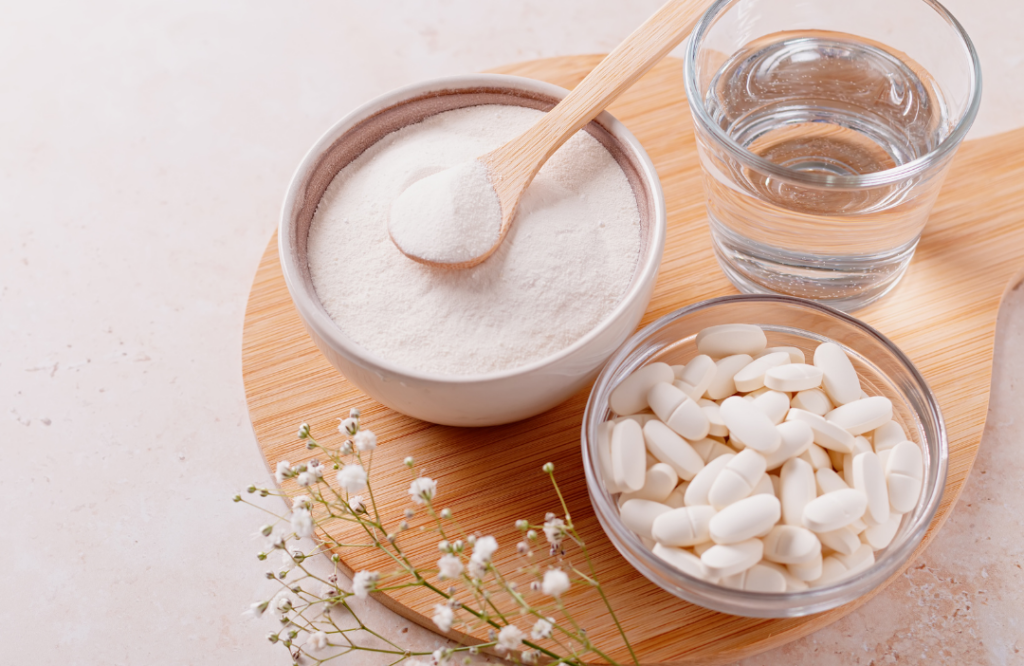Do you know how stressed you are?
Published on September 11, 2014 by Dr. Caitlin Gordon
12 subtle signs of stress
Often people aren’t aware that they are stressed or to what degree. Stress can sneak up on us as we go about our busy lives. We might think we are doing fine, not recognizing the subtle signs.
I will think I am managing my stress pretty well, despite the fact that lately, I’ve been more forgetful, wanting to snack more, and feeling tired for no apparent reason. When I take a moment to evaluate what’s going on, it becomes clear that instead of these being “random” in cause, they are likely signs I am stressed. My body is giving me clues, and I need to do something about it!
Too much stress causes our immune system to dis-regulate— we are more susceptible to colds/infections, flus/viruses, more prone to asthma, allergies, and it speeds up the aging process. Stress is linked to weight-gain and obesity and stress negatively affects our cardiovascular system putting us at higher risk for the number one killer in the US: heart disease.
Stress manifests differently for everyone. Even if you don’t feel stressed, stress may be negatively affecting your health. Some common signs that you are stressed:
- Erratic behavior
- Fatigue
- Snapping at your partner, children, or friends
- Forgetting things
- Procrastinating
- Desire to eat more
- Clumsiness
- Headaches
- Aches and Pains
- Loss of desire for sex/inability to orgasm
- Vivid dreams
- Digestive trouble like constipation or loose stools
What can you do?
First, make a list of your personal signs. This way you can become more aware of how stress is impacting your health. You can recognize signs of stress right when they start and take action!
7 Actions to Reduce Stress:
- Do something Active.

- Exercise is scientifically proven to reduce stress. It produces endorphins which lift your mood, and it helps counteract the negative effects of stress by improving your immune system, keeping your heart healthy, and pretty much every other positive effect you can think of.
- Get some Acupuncture.
- Acupuncture is also scientifically proven to reduce stress by reducing cortisol, the major stress hormone. Reducing your stress levels will extend your life expectancy and improve the quality of your life. You’ll be surprised how relaxed you will feel after an acupuncture session.
- Practice Meditation.
- This can take the form of sitting quietly, focusing on breath, yoga, or prayer. The idea is to bring your awareness to your body, being fully in the present moment. Meditation doesn’t mean your mind goes quiet or clear (though it can), but more importantly that you are tuned into everything happening internally, and allowing thoughts to come freely in and out of your consciousness without judgment or attachment. Easier said than done, but this practice (key word here) will reward you with a host of benefits.
- Get some Sleep.
- Sleep is hugely important. There is research that indicates an extra hour of sleep is more beneficial to your health than an hour at the gym (if you are sleeping less than 7 hours). Your body needs this time to rest and repair. Effects from too little sleep kick in after only 1 night of poor or inadequate rest. For example, delayed reaction times, glucose load, depression, headaches, and hormone balances, can be affected after one night of sleeping six hours or less. Make getting enough sleep a priority!
- Adjust your Diet.
- Reduce grains, sugars, alcohol and caffeine. Increase water, vegetables, and organic protein. Blood sugar spikes resulting from eating processed grains, fruits, or sugary foods without protein will exacerbate stress symptoms. Increasing protein helps balance out your blood sugar and hence your mood. Other symptoms of stress that can be related to blood sugar include headaches, fatigue, focus, and appetite. Consuming caffeine when you are stressed is like putting gas on a fire. Don’t overtax your already stretched resources. Get individualized diet advice; schedule an appointment!
- Find Connection.
- Spend time with family and friends. Reconnect with your community. Having a support network is essential to managing stress. You can also find a connection with yourself, by journaling or expressing yourself creatively through art. Another great way to connect is to get outside. Walk around barefoot, go on a hike, lay in the grass. Tune into your senses.
- Seek out Therapy.
- If you have tried all of these other options, and you still feel you cannot manage your stress level, it may be time to seek professional help. You might need to make some major life changes. Everyone can benefit from therapy! It doesn’t mean there is something wrong with you, only that you love and respect yourself enough to use all the resources available to feel your best. If you would like a referral for a good therapist in the Boulder/Denver area, contact me.
The contents of this site, including text, graphics, images, and other material are for informational purposes only. Nothing contained in this site is or should be considered or used as a substitute for professional medical or mental health advice, diagnosis, or treatment. Please schedule an appointment for personalized health advice.







